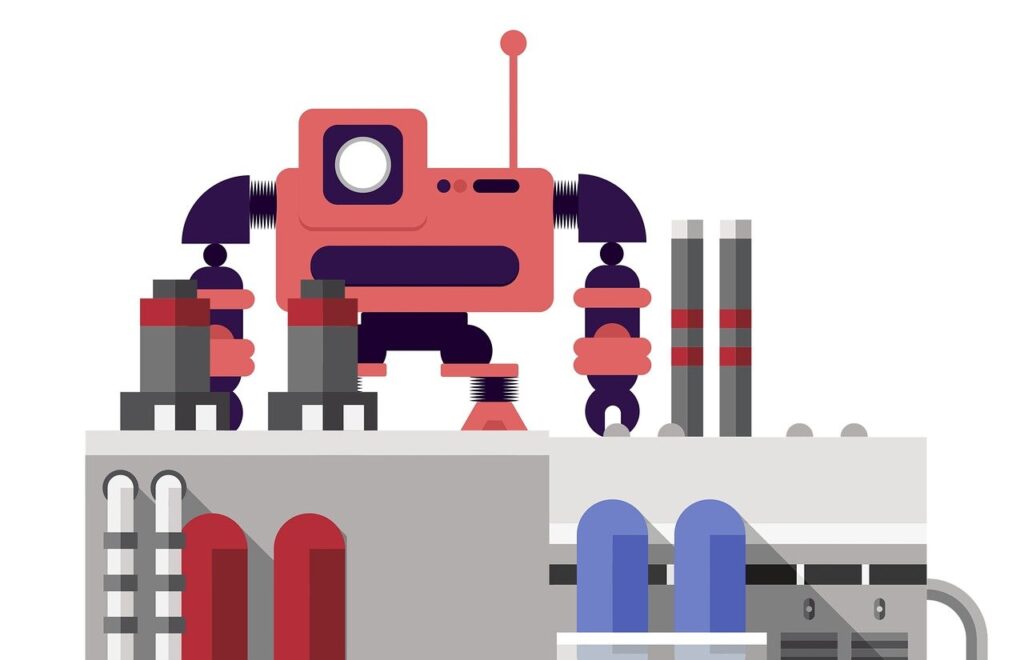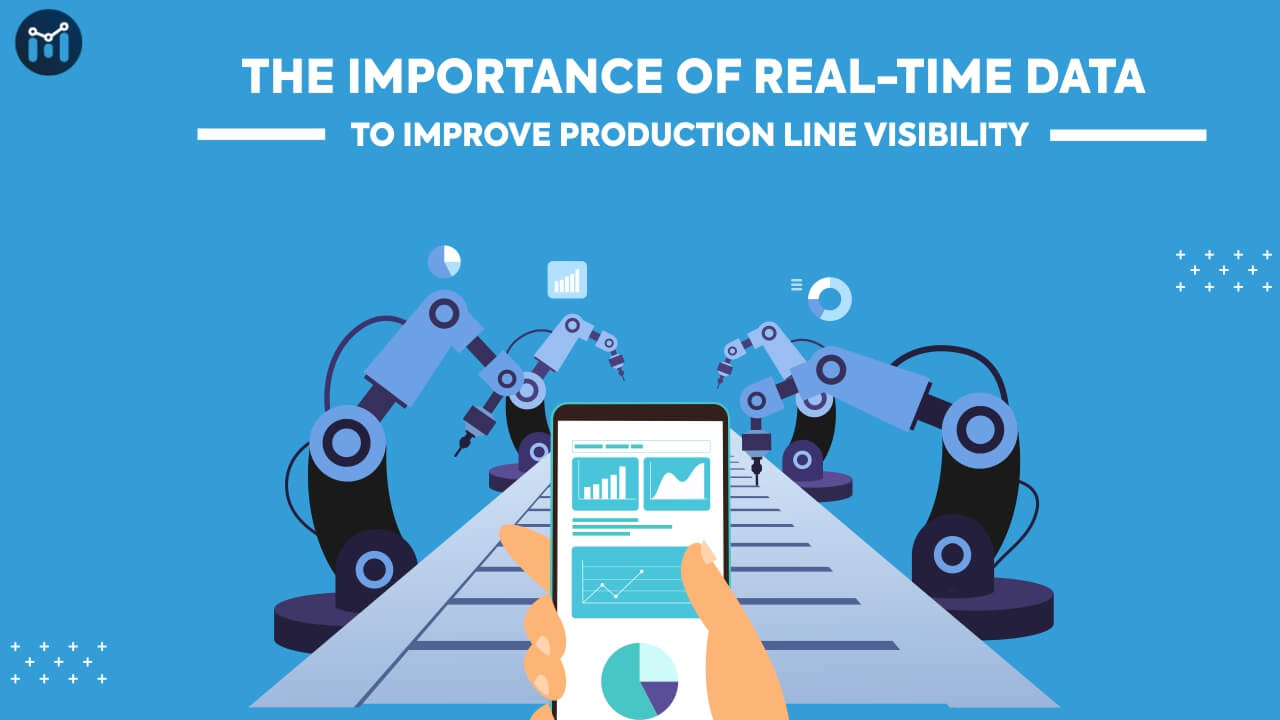Production Scheduling in Manufacturing Companies

We learnt about Production scheduling planning in the blog here. So what happens when a Production plan is ready and is handed over to the production planning & control (PPC) team. The PPC manager will analyse the plan and would be tasked to meet the demands of the production plan. This means that she would have to ask the supervisors to start producing items in their respective sections and machines.
To achieve the production plan, the PPC manager will have to ensure that all the resources are available like:
- Enough Raw Material is available
- Skilled Labour is available to produce
- Machines are available to produce
- Tools that are required to produce specific to different items
In this section, we will be mainly concerned with scheduling of Production Orders on different machines (also referred to as Jobs).
What is Production Scheduling
Production scheduling is the process of defining the items that need to be produced, by a particular method (also referred as process), on a particular machine so that a manufacturing unit is able to meet its customer requirements efficiently and on time.
The process of Production Scheduling involves creation of job cards that can be allocated to different machines. A typical job card will have the following information:
- The customer for which item needs to be produced
- The Machine name
- Date & Time of production
- Process Parameters that need to be adhered to
- Quality parameters that need to be adhered to
- Reason for downtime during the production hours
- Duration of downtime during the production hours
It will be the responsibility of the shift supervisor to update the job card with readings throughout the shift. This blog will not go in depth into how production recording is done however production recording can be done using the following methods:
- Manual recording by the hour or end of shift on a job card
- Automatic production recording using IoT
- Digital recording using a Production App
Why is production scheduling important
Production scheduling is important because of the following reasons:
- It gives an overview of the entire production across different machines. Production manager can run her operations efficiently when she sees that all machines are adequately allocated
- It makes the life of operators and supervisors simple. The machine operators know which job to pick when a particular job gets completed. She is clear with the tasks as hand and is now empowered to complete her tasks on time
- It reduces the downtime of machines by efficiently planning at the machine level
- It improves the customer satisfaction scores by delivering products on time. The customer success representative gets full visibility and conveys the current status of the production and dispatch
Why is production scheduling so complex
Among all the functions in a manufacturing unit, production scheduling is considered to be one of the most complex. It is indeed very complex because of the following reasons:
- Production scheduling is dependent on multiple factors like machine availability, labour availability, material availability. Mapping all these factors is not easy in most organisations
- Production scheduling is dynamic. The availability of these resources cannot be taken for granted. It is very much possible that a raw material that is available for production for a particular job is mistakenly taken away for another production job
- There are too many variables: A typical manufacturing may consists of 100 different machines which means production scheduling needs to be performed across all the different machines across different departments
- Efficient Production Scheduling involves realtime or near realtime data. Delay in data gathering would mean that planner does not have all the information and the schedule may not represent the real picture
Softwares for Production Scheduling
There are different softwares for production scheduling but an efficient software would have the following components:
- It should be really intelligent as it has to process a lot of variables and factors and come up with the right recommendations
- It should facilitate production recording at real time so that Production & Planning Control Manager can get correct information realtime
- It should be able to give a gantt chart of all the machines and their loading with the job card
- It should be very easy to use so that users can make changes to the production schedule easily without making mistakes
- It should be linked to the production plan
- It should have a supervisors and operator view to facilitate the production schedule
Summary
Production scheduling planning is a vital function within the manufacturing unit. At the same time it is very complex and most organisations struggle with efficient production scheduling. Production teams can use an efficient Production Planning & Scheduling software like ManufApp to ensure that they meet their production goals and company can generate higher profitability



